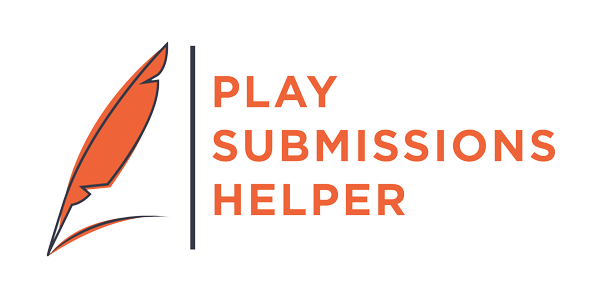It’s an important question that bears asking yourself every once in a while:
“Who are you writing for?”
On one hand it’s a simple question. But when you really dig into it, you can gain some important insights that can go a long way in helping you to write and market your play.
Remember that audiences can differ greatly from theater to theater.
The audience at a small black-box theater is likely to be very different from the audience at a Broadway musical, which is going to be very different from the audience at an acclaimed regional theater like the Steppenwolf in Chicago.
A small black-box theater is likely to be filled with younger viewers who are into theater themselves. They don’t have as much money as the audience at a more recognized and expensive theater like the Steppenwolf, which typically draws a much older audience.
And both of these will be very different than a Broadway musical, which is going to attract many people who otherwise never go to see live theater.
But we can go even deeper than that.
Ask yourself this question: what kind of issues does your play raise?
Does it deal with politics? Religion? Cultural issues?
The audience at a political play will be very different from the audience at a Neil Simon play.
And when you’re writing your own play, it pays mightily to keep these questions in mind. There are two steps I recommend:
First ask: who would be interested in your play? Think about your play’s tone and the themes and issues it addresses.
Then ask: what sort of theater is that audience most likely to attend?
If your play caters to theater students, but requires a huge cast and a big budget…then you might need to think about how a small black-box theater might produce your play without spending too much money.
Make sense?
Remember, you should always write the play you want to write. But when you’re clear on who that play is FOR, it makes it much easier for you to show how marketable that play will be to a theater.
And if you want more playwriting advice, tips, and hacks, make sure to check out the comprehensive PSH Playwriting Course.
